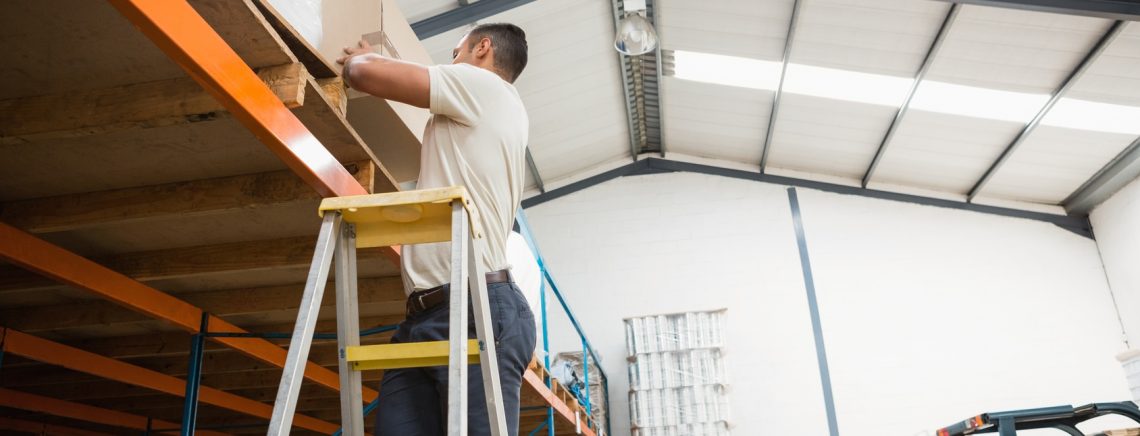Despite improvements in employers adhering to Irish and European health & safety regulations, workplace accidents are still common.
A mistake often made is to only associate workplace accidents with the construction industry. However, work injuries also include slips, trips and falls. That means that no industry, or business, is safe from a potential claim.
Workplace accidents are preventable. After all, that’s why you have health & safety procedures in place. But what does happen if an accident occurs in the workplace? And, what are the consequences?
Let’s find out.
Employer responsibilities
As an employer, you’ll need to implement all possible procedures to prevent accidents in the workplace. Meeting the minimum Health & Safety Act 2005 standards is a good start. Doing so will help reduce the chances of a workplace accident.
You must provide:
- A safe building in which to work.
- Safe ways for employees to carry out their work.
- Safe systems of work with proper training and supervision.
- Suitable materials and equipment.
Your legal duty is to minimise the risk of an accident at work by ensuring the health & safety of your employees. There are, however, other circumstances where you may be held liable for acts or omissions that result in employee injuries.
Accident reporting procedures
The two main accident situations you need to be wary of are:
- Employees injured at work.
- Employees injured on the way to work.
In both instances, they should inform you immediately.
You must then report these accidents to the Health and Safety Authority when an employee is absent for three consecutive days (not including the day of the accident).
Sick pay and sick leave
Your contract of employment should clarify if your employees are entitled to paid sick leave. However, it’s important to remember that an employee has no legal right to be paid while on sick leave.
Employers’ liability insurance
Simply put, employers’ liability insurance cover enables you to meet the cost of compensation for an employee injury or illness which occurred at work.
Employees returning to work
The best form of cover? Policies and procedures, of course.
One of the most important pieces of documentation will be a sick leave and return to work policy. The policy will support a safe return for an employee who has been absent through illness or injury.
When an employee returns to work, you might ask them to attend a medical expert to obtain medical evidence.
In more serious cases of injury, an employee may become disabled through an accident or illness. Their disability may require you to provide or install special equipment that allows them to continue in their role.
Dismissal
While drastic, you may need to dismiss an employee who’s on long-term certified sick leave. In certain circumstances, the employee could bring a claim for unfair dismissal against you. This makes dismissal an issue that needs to be carefully thought through.
Recent workplace accident
One recent case that made the news highlights the importance of being proactive when it comes to workplace health & safety.
Cleaner awarded €105,000
A 79-year-old woman has received €105,000 in damages after she slipped on a wet surface and fractured her shoulder.
The accident occurred as she was walking down wet stairs which were open to the elements. The court ruled in her favour as the proprietors did not take reasonable action to highlight the danger.
How could this have been prevented?
Signage could have prevented an accident like this. These are available for wet floors, as is salt which will reduce the chances of slipping. These simple preventative steps can save you from a hefty claim and reputational damage.
Need our help?
If you would like further complimentary advice on workplace accidents from an expert, our advisors are ready to take your call. Call us on 01 886 0350 or request a callback here.




